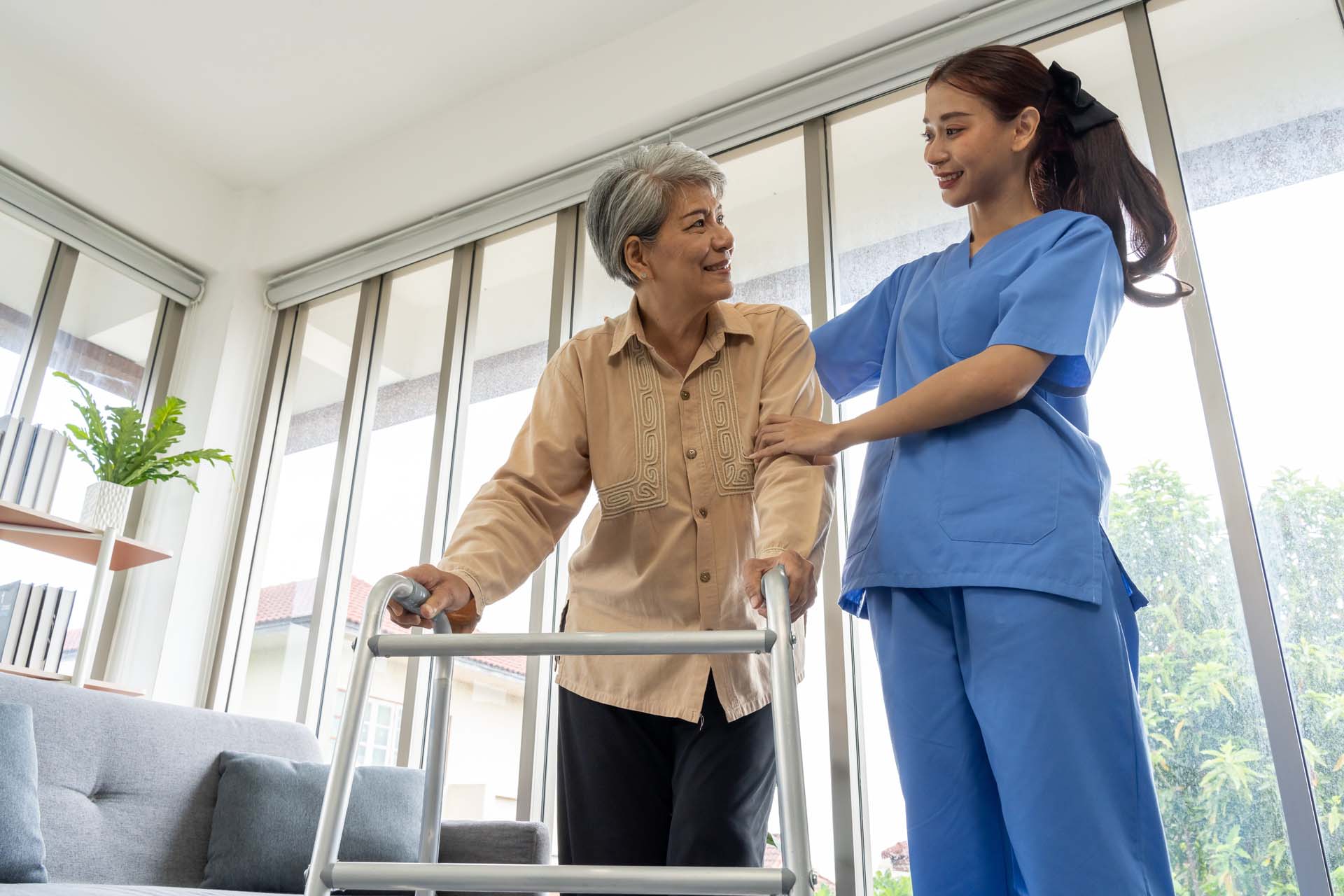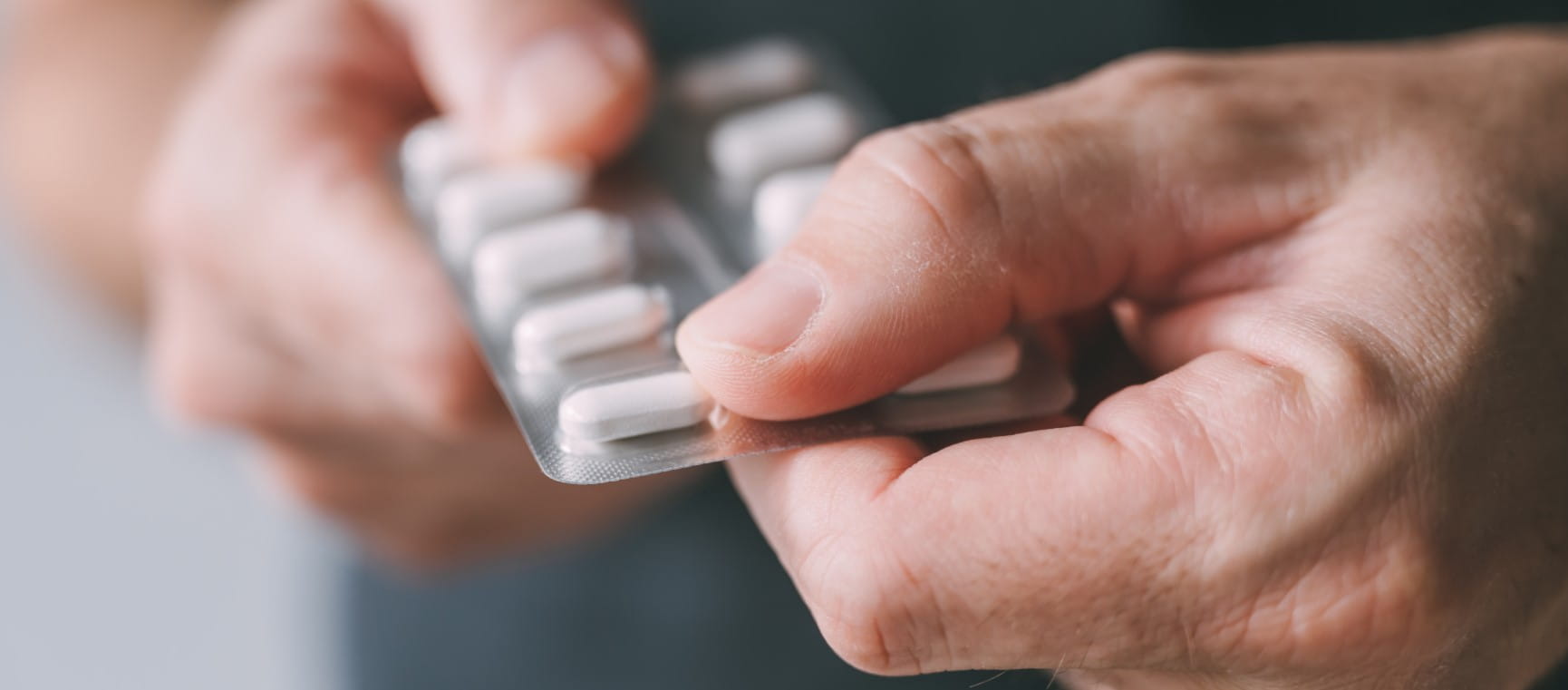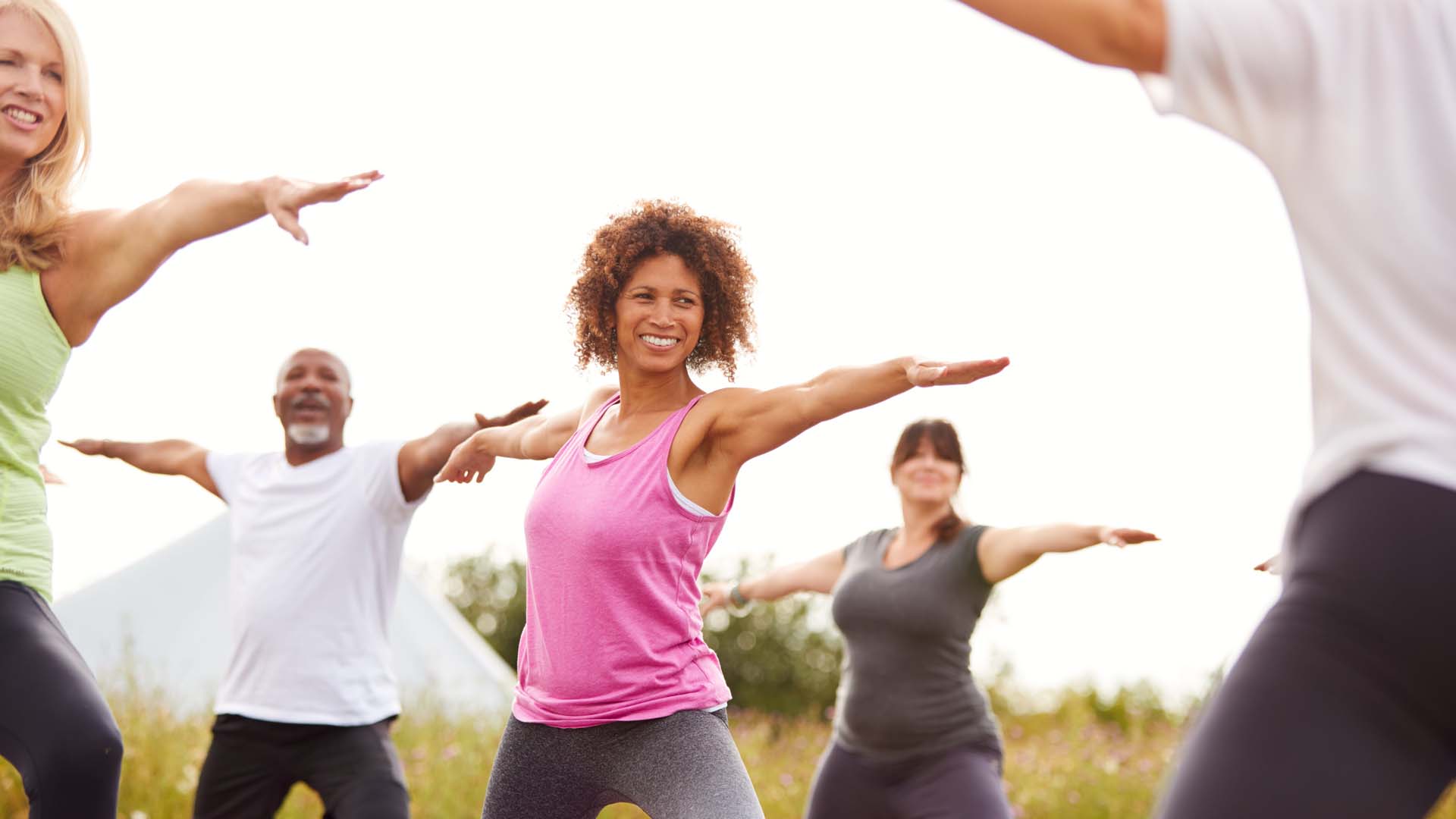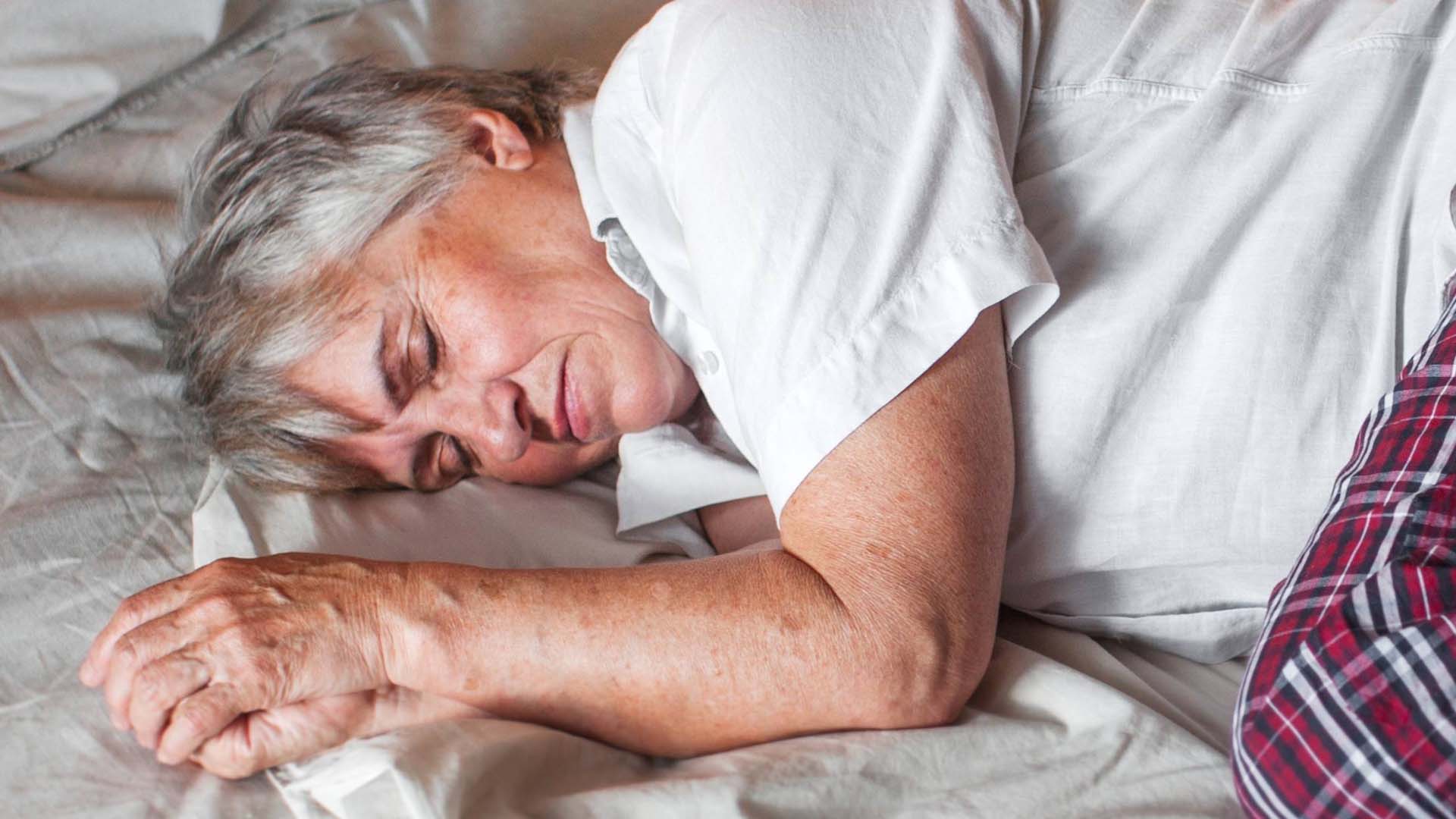
Sleeping with a pillow has been with us since around 7000 BC. Back then, our ancestors used to sleep on pillows carved out of rock.
Thankfully things have moved on since then and now there is a bewildering array of pillows to choose from - some expensive hotels even offer pillow menus from where you can make your selection.
But while most of us enjoy sinking out heads into a pillow, some just can't get on with them and blame their pillow for neck and shoulder pain.
So is sleeping without a pillow bad for you? Or does it simply boil down to making the right pillow choice? We asked the experts for their advice.
“It depends on the person,” says sleep expert and founder of sleep consultancy Hunrosa, Jan Jenner. “Most people use a pillow for comfort. Particularly as you get older, a pillow can be useful for supporting the head and neck."
"If you have breathing issues while you sleep – like sleep apnoea – having a pillow can be useful to keep your airways open."
Some people with a breathing pattern disorder, also find it more comfortable to sleep without a pillow.
There have been suggestions that sleeping without a pillow can cause back problems, but many who sleep on their backs or fronts argue that its more comfortable without.
Sports and exercise physiotherapist Simon Hall says that if you want to sleep without a pillow, "it’s up to you.
“Most people are more comfortable sleeping with a pillow," he says. "But if you find sleeping without one more comfortable, then there is currently no evidence to suggest sleeping without a pillow is bad."
If you just can’t get on with your pillow, chances its because you have not found the right one for you.
Many pillows are designed to suit how you sleep. What worked in the past may not work for you any more, just as your best sleeping position can change as you get older.
But making that choice can be daunting. There are pillows for side sleepers, back sleepers and front sleepers. You can buy ones specially designed for over-heaters, for neck pain, asthma and allergies and that's even before you start to consider what filling to pick.
“Unfortunately, there’s no secret answer to what pillow is best for everyone,” says Hall. “You need to use a healthy dose of trial and error and find what works best for you.
“I’ve found that side sleepers are often more comfortable with a supportive pillow to fill the gap between their shoulder and head, while back sleepers are often more comfortable with a lower pillow.”
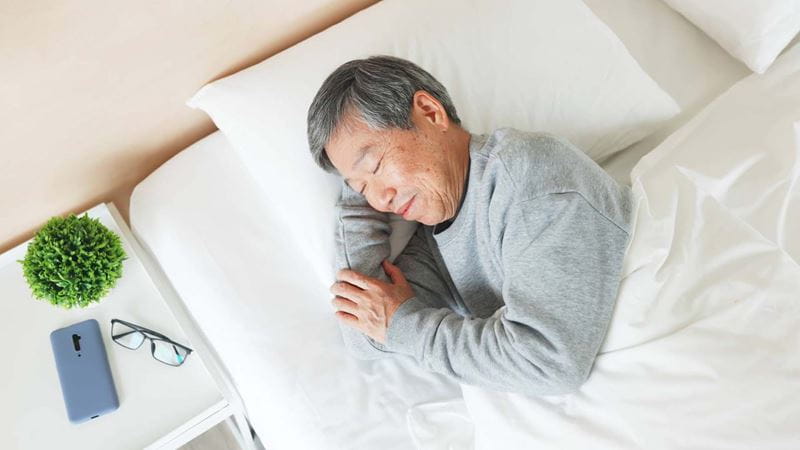
Fitness and wellbeing writer Stephanie Wood is a side sleeper. She bought an ergonomic pillow on the recommendation of her osteopath after suffering with back and neck pain, and says it made a huge difference.
"The osteo explained that my pain was partly due to tension caused by my head and neck not being fully supported in bed. He recommended using a pillow that was specifically contoured to fill the gap between my neck and the bed. I did as he advised, and the pain quickly eased.
"I use Ikea's Rosenskarm ergonomic pillow (RRP £19, Ikea), and my only gripe is that it's a little short in the width. The Orthotex Memory Foam Pillow ( RRP £15.99, Amazon) is a little wider, and has lots of five-star reviews."
Wood says: "I wouldn't be without my support pillow now. I even have a spare one that I take with me when I travel to ensure I get a comfortable night's sleep wherever I am."
Hall adds: “When it comes to buying a new pillow, I would advise seeking options that have a good return policy so that you can give it a go and see how it suits you personally.”
Feeling too hot can disturb your sleep, with common causes including your bedroom temperature being too high, night sweats during menopause, or even something as simple as sleeping with your socks on.
However, if you feel that your pillow is contributing to you getting too hot in bed, Jenner suggests a bamboo pillow could help you to stay cool by wicking sweat away from your head.
Panda London’s Memory Foam Bamboo Pillow (RRP £44.95, Panda London) has won several ‘best pillow’ awards. Or try a hybrid pillow such as the Simba range, which boast 'cool-touch' technology.
Beyond our heads, pillows can be used in other ways to create comfort and take the weight off sensitive areas, says Hall.
“Side sleepers with uncomfortable backs and hips can often get relief from having a pillow between their knees, and back sleepers can often get some added comfort in their backs from having a pillow or two under the knees.”
Ultimately, both Hall and Jenner say it’s up to you how you choose to sleep.
However if you are suffering neck or shoulder issues then its worth taking the time to look at different pillows to suit how you sleep and any other needs you have.
And if you do find sleeping without a pillow more comfortable, then our experts agree that it won't do you any harm.
If you suspect you have a sleep condition, make an appointment with your GP before changing your sleeping habits.
Becky Frew has written various articles for newspapers and magazines focusing on fitness, is a qualified run leader, and a certified sleep talker trainer who loves to help advise people how they can nod off easier.
When she is not writing or reading about fitness, she is at hot pod yoga, bounce class, training for an ultra-marathon or booking anything with a medal and free food at the end.
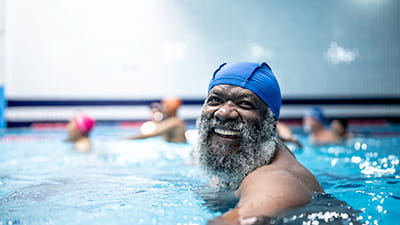

Health insurance for people over 50 that provides a quicker route to diagnosis and planned medical treatment in a private facility.
Underwritten by Bupa Insurance Limited.
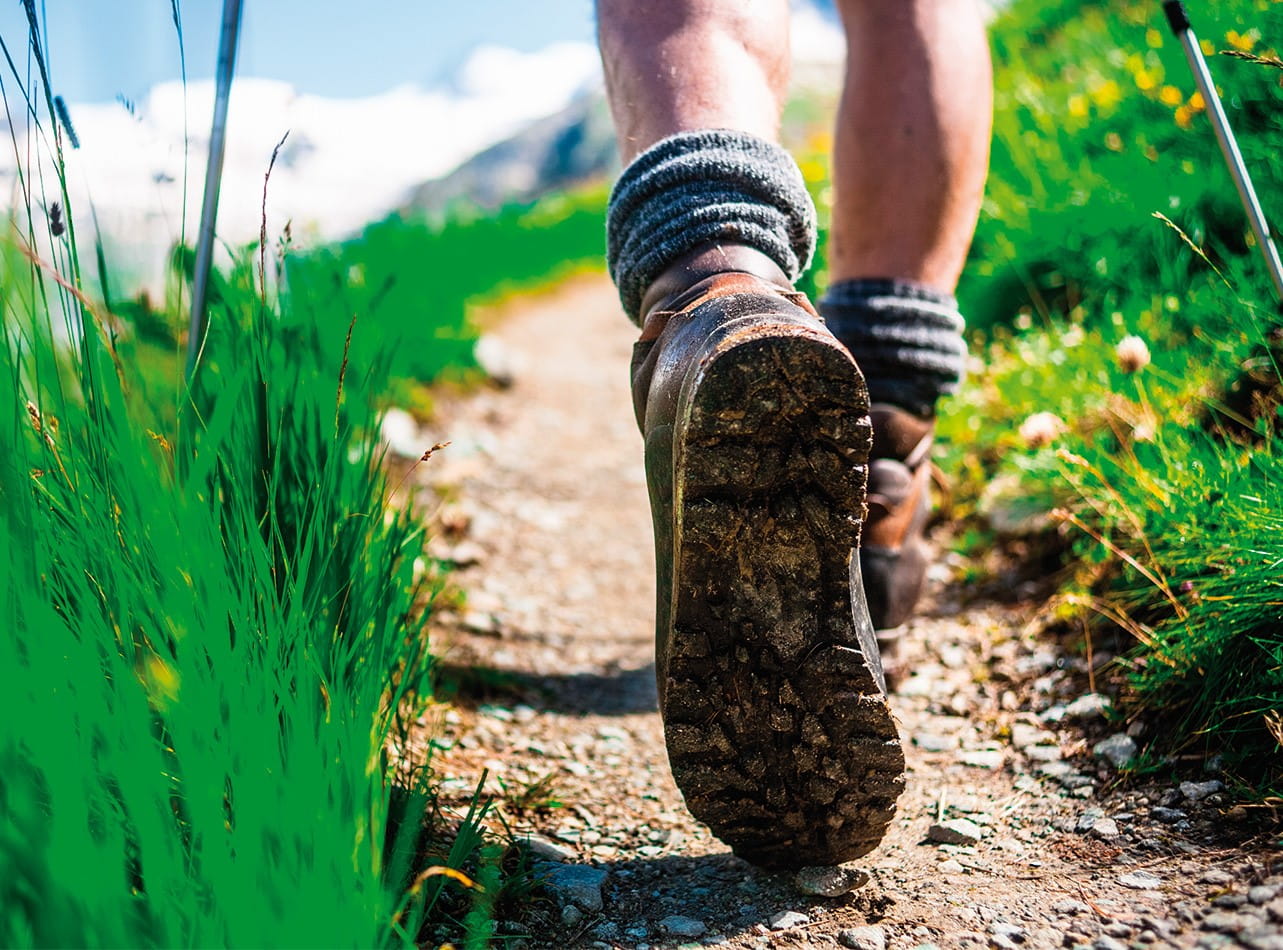
Find out about Saga’s walking holidays here…
Saga’s walking holidays are perfect for exploring Europe’s stunning destinations on foot. They’re suitable for all fitness levels and offer a well-balanced mix of guided walks and relaxation.


Facial weakness, a sudden headache and dizziness can all be signs of a stroke, we've got the facts from an expert.
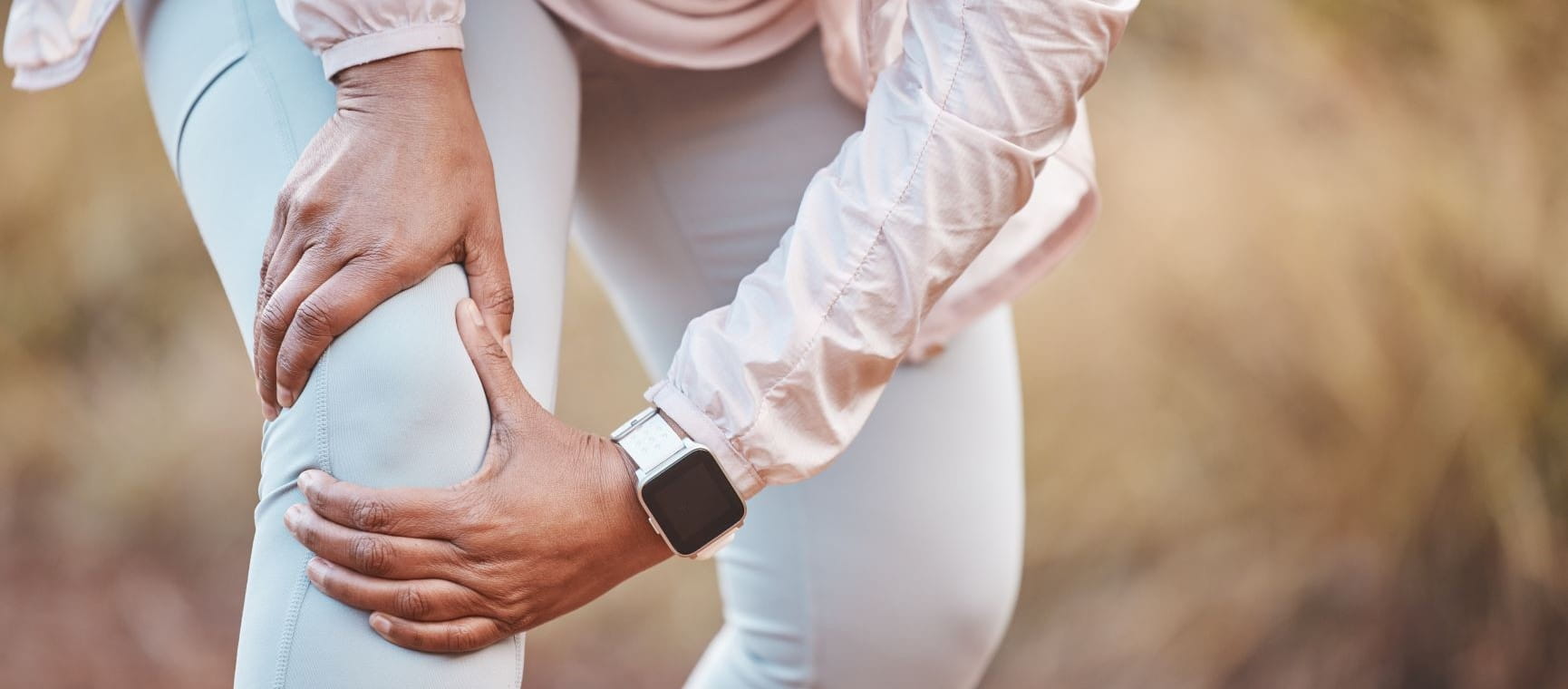
Knee pain is more common as we age: to help we've got the best advice from 3 leading experts with easy ways to make a difference.
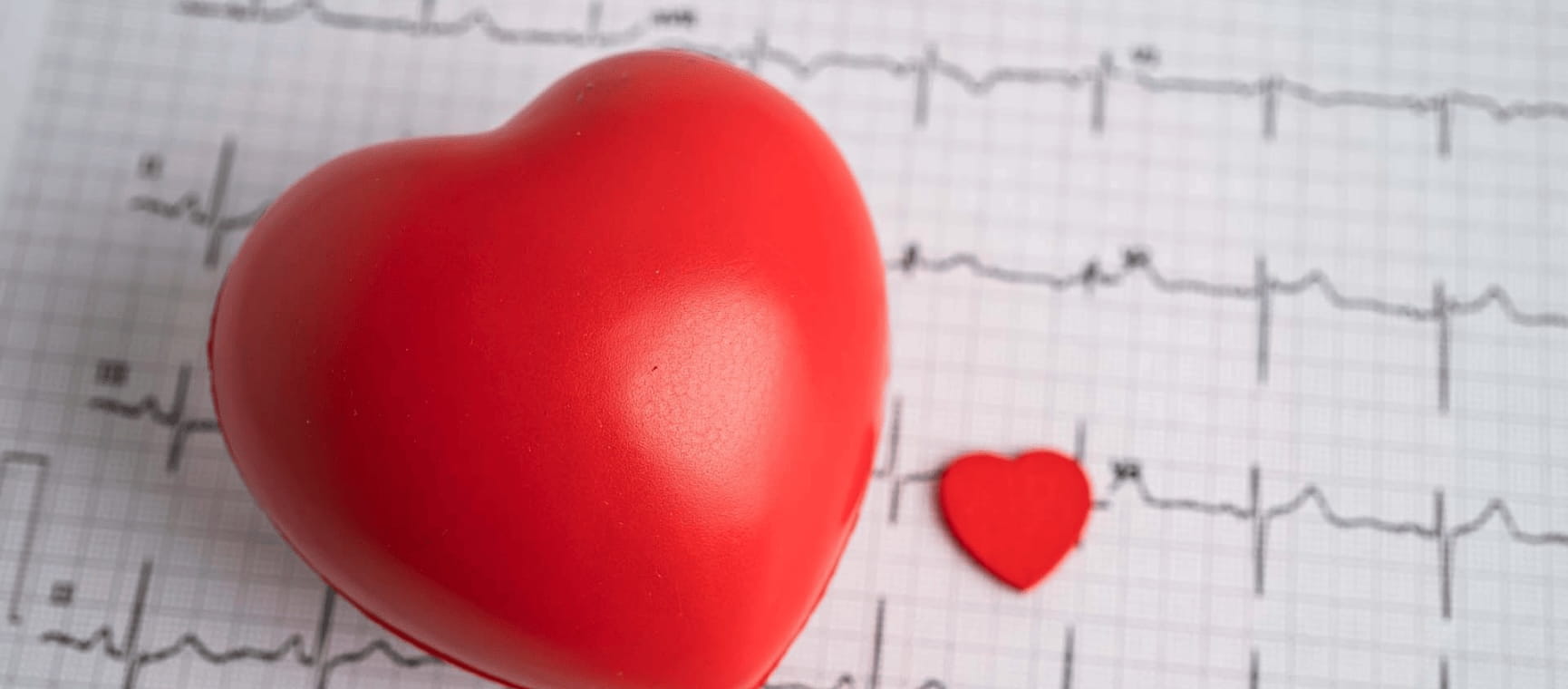
Do you know the symptoms of a heart attack? Here’s what to look out for, and how to prevent one.
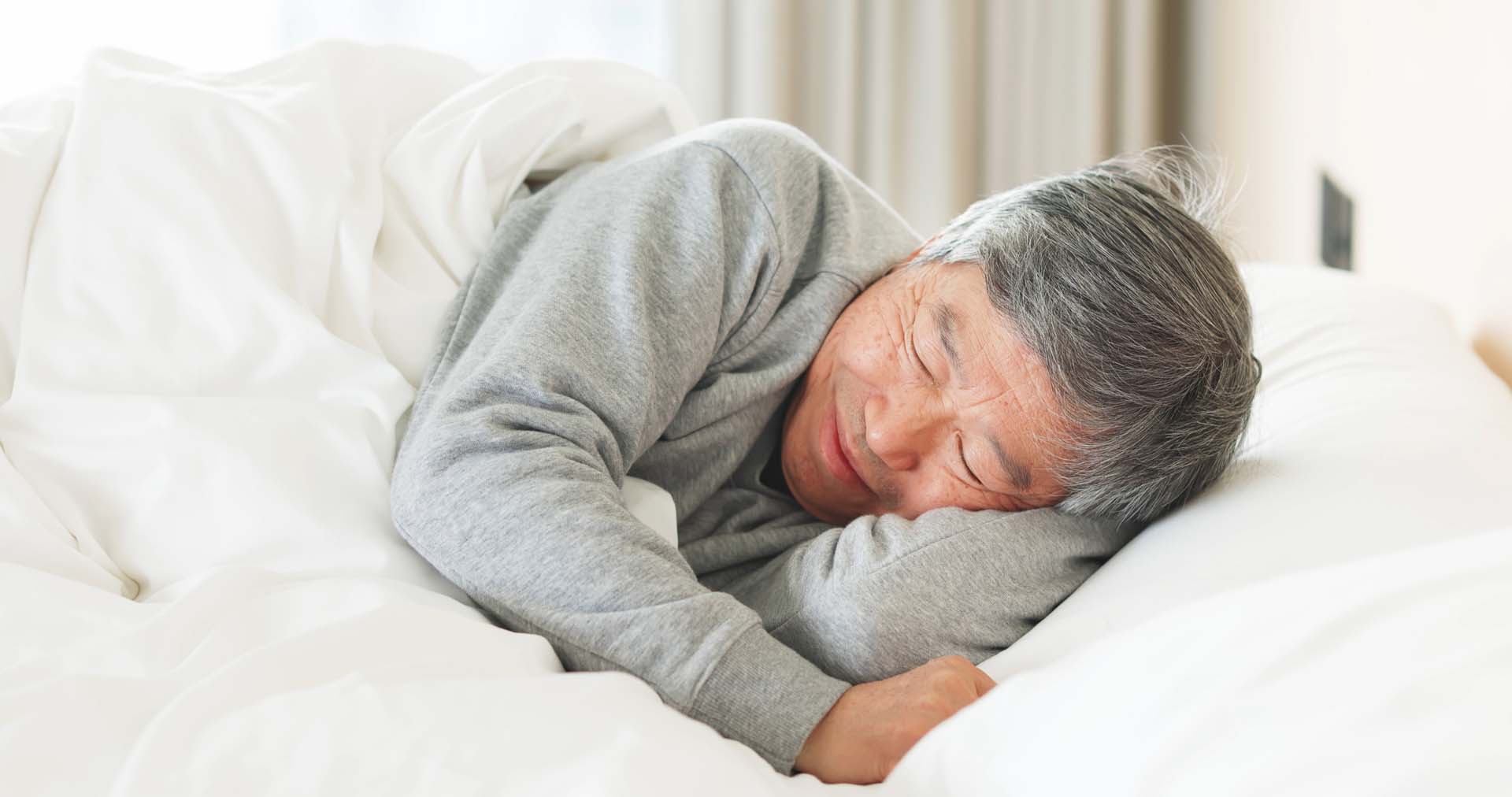
Front, back or side? Which sleeping position is best for you as you get older, and which ones you should avoid
